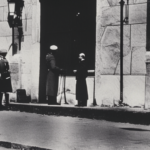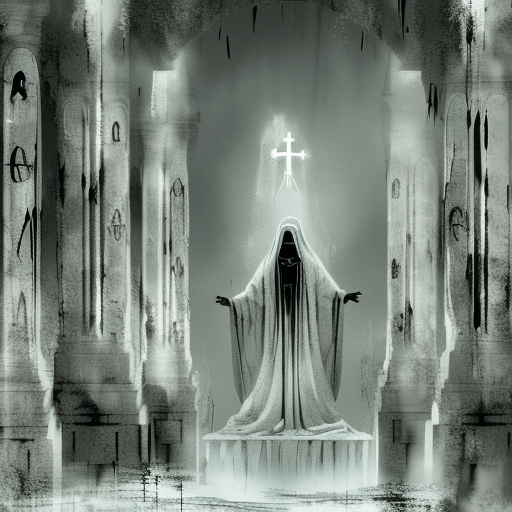Au Bonheur des Dames: A Tale of Love and Consumerism in 19th Century Paris
In Emile Zola’s novel “Au Bonheur des Dames,” the bustling world of 19th century Parisian department stores comes to life. The story follows Denise Baudu, a young woman from the countryside, as she navigates the seductive world of consumerism and falls in love amidst the chaos. With vivid descriptions and a keen eye for social commentary, Zola explores themes of capitalism, modernity, and the impact of industrialization on society. Through the lens of one woman’s journey, the novel exposes the dark underbelly of the retail industry and the sacrifices made in the pursuit of happiness.
The Rise of the Department Store
At the heart of “Au Bonheur des Dames” is the rise of the department store, a symbol of modernity and progress in 19th century Paris. Zola paints a vivid picture of the bustling store, capturing the excitement and allure it held for both customers and employees. The store, named Au Bonheur des Dames, becomes a microcosm of society, with its own hierarchy, power struggles, and cutthroat competition. As Denise enters this world, she is both fascinated and repelled by the excess and materialism that surrounds her.
A Love Story Amidst Chaos
While the department store serves as the backdrop, the heart of the novel lies in the love story between Denise and Octave Mouret, the charismatic owner of Au Bonheur des Dames. Their relationship is fraught with tension and forbidden desire, as Octave is already involved with another woman. As Denise rises through the ranks of the store, her attraction to Octave grows, and she becomes entangled in a web of passion, betrayal, and ambition. Zola skillfully weaves together the personal and the political, highlighting the sacrifices made in the pursuit of love and success.
The Dark Side of Consumerism
Beneath the glamorous facade of the department store, Zola exposes the dark side of consumerism. He delves into the exploitative working conditions of the employees, the ruthless tactics employed by store owners to drive sales, and the devastating impact of excessive consumption on individuals and society. Zola’s critique of capitalism and the dehumanizing effects of industrialization is as relevant today as it was in the 19th century.
- Key Takeaways:
- The rise of department stores in 19th century Paris symbolized the changing face of society and the allure of consumerism.
- The novel explores the tension between love and ambition, as Denise navigates her relationship with Octave Mouret.
- Zola’s critique of capitalism and the dark side of consumerism remains relevant in today’s society.
“The store was a machine, consuming human beings, devouring them, swallowing them up, and spitting them out again.”
In “Au Bonheur des Dames,” Emile Zola presents a captivating tale that combines romance, social commentary, and a critique of consumerism. Through the eyes of Denise Baudu, readers are transported to a world of opulence and excess, where love and ambition collide. Zola’s vivid descriptions and sharp observations make this novel a timeless exploration of the human condition and the perils of unchecked capitalism.












